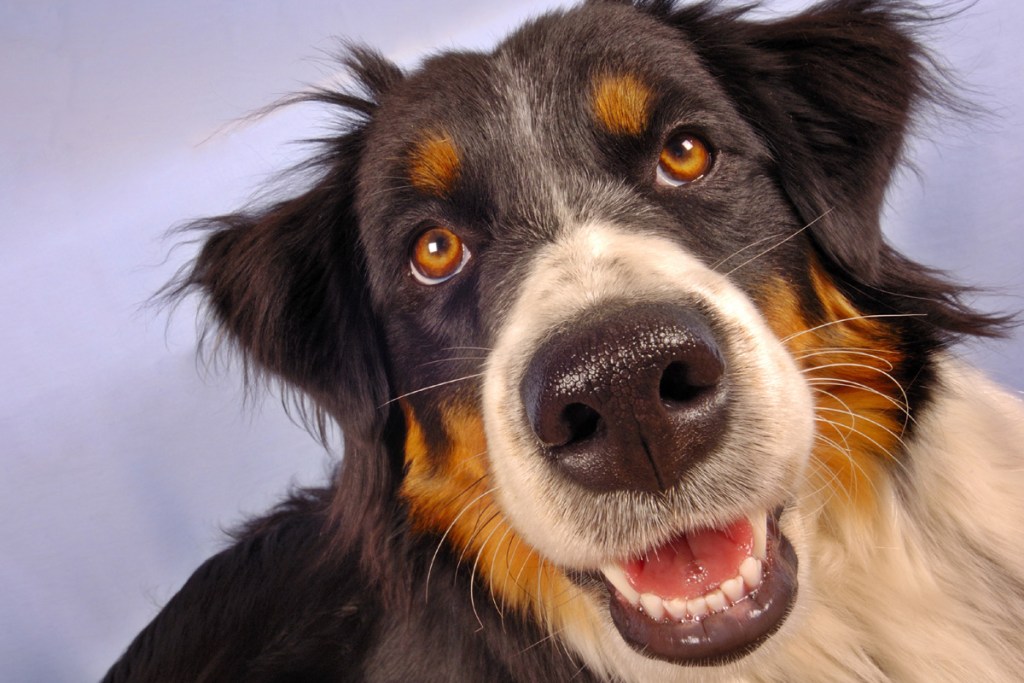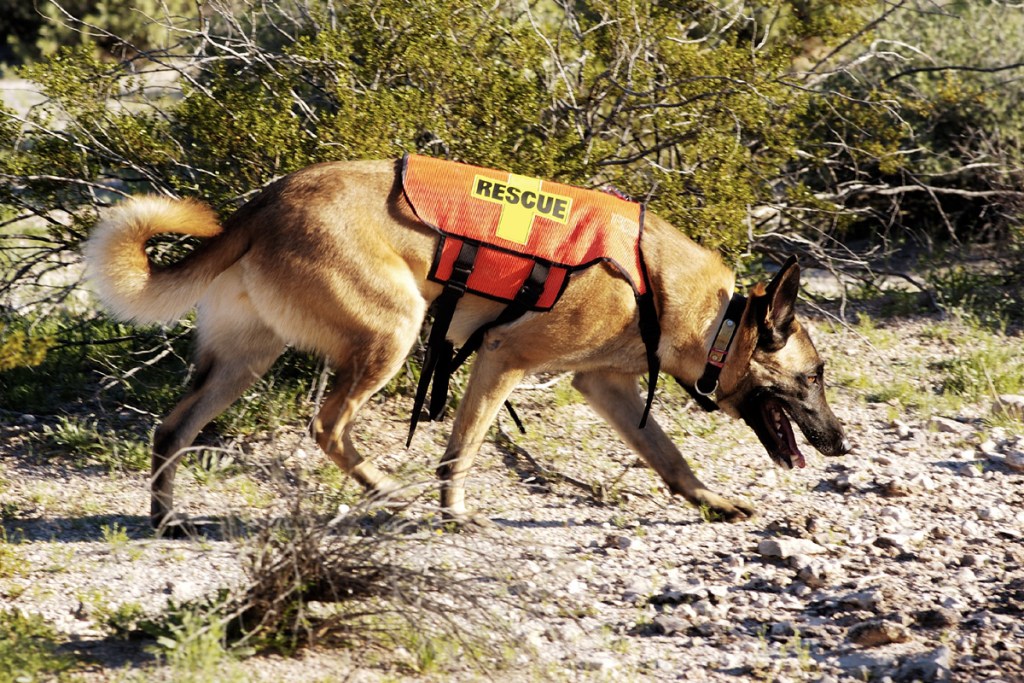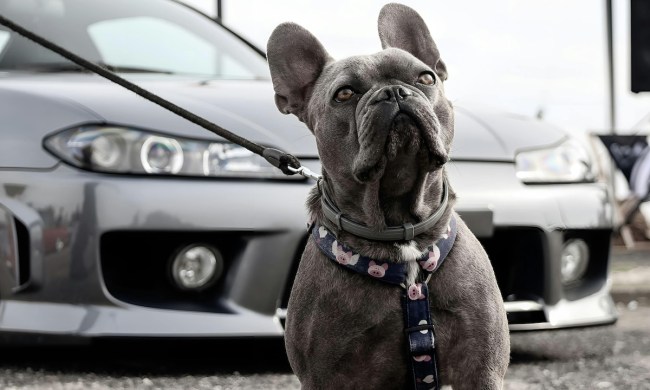What a special moment it is to suddenly feel a cold, wet nose brush against your skin when cuddled on the couch with your best friend. You instinctively reach out to stroke your dog’s head and are rewarded with a soulful gaze. But did you ever wonder just why your dog’s nose feels cold and what exactly it means? Is it normal, or does it signal a health issue? A cold, wet nose is totally normal and serves the essential purpose of enhancing your dog’s sense of smell. Dogs’ noses naturally secrete a thin layer of mucus, helping to keep them cold and wet. Additionally, constant licking adds to the moisture of the nose.

How cold, wet noses help dogs track scents
According to the American Kennel Club, a dog’s sense of smell is approximately 10,000 to 100,000 times more sensitive than that of a human. Our dogs depend on their highly developed sense of smell to interpret their world, and cold, wet noses work better than warm, dry ones when it comes to tracking scents. When dogs inhale, tiny scent particles floating in the air get trapped in their nose mucus, which helps them break down and interpret odors, according to PetMD. Additionally, when a dog licks his nose, the tongue transfers scent particles trapped in the mucus into the dog’s mouth. There, the tongue touches an olfactory gland called the Jacobson’s organ located on the roof of the dog’s mouth.
In a February 2020 study published in the journal Scientific Reports, a team of researchers from Sweden and Hungary found that dogs’ cold noses make them sensitive to radiating heat, which scientists believe might further help them track down warm-blooded prey.
Dog’s noses also help keep them cool
Enhancing their tracking ability isn’t the only reason a dog’s nose is cold and wet. Their noses also help regulate body temperature. Veterinary experts say that while dogs disperse some heat through their footpads and by panting, the nasal passages also help cool them down.
Should you ever be concerned about a dog’s wet nose?
Sometimes, a wet nose might mean there’s a problem. While clear nasal discharge is normal, an excessive amount of mucus or thick, discolored discharge could mean a health issue such as a sinus infection, and your dog should see a veterinarian.

What it means if your dog’s nose is warm and dry
While a cold, wet nose is normal, a dry, warm nose isn’t necessarily abnormal. If your dog has a dry, warm nose and is behaving normally, then chances are he’s just fine. However, if your dog’s nose is dry and cracked or if he has other symptoms such as listlessness or loss of appetite, then you should make an appointment to see a veterinarian.
Here are some common reasons why your dog’s nose might be warm and dry:
- When a dog wakes up from a nap, it’s normal for his nose to be dry and warm. One of the reasons a dog’s nose is wet is because of the constant licking. Since dogs don’t lick while they are sleeping, their noses are dry when they wake up. It won’t be long before the licking starts and your dog’s nose will return to normal.
- After vigorous exercise, a dog may be dehydrated, and one symptom of this is a dry, warm nose. Make sure your dog always has access to fresh, clean water.
- During the winter months, many dogs like the comfort of lying near heating vents. This can lead to dry, cracked noses. Once the dog moves away from the heat source, their nose will typically return to being cold and moist.
Despite popular belief, veterinary experts say that the temperature and moistness of a dog’s nose are not a good overall indicator of his health. Both can change throughout the day depending on the environment or a dog’s behavior. So, instead of looking to your dog’s nose for clues on how he feels, pay attention to other signals that might indicate a health issue such as abnormal stool, lethargy, excessive weight loss, or changes in eating or drinking habits. If everything checks out, relax and enjoy the friendly nudge of a cold, wet nose during snuggle time with your pup.



